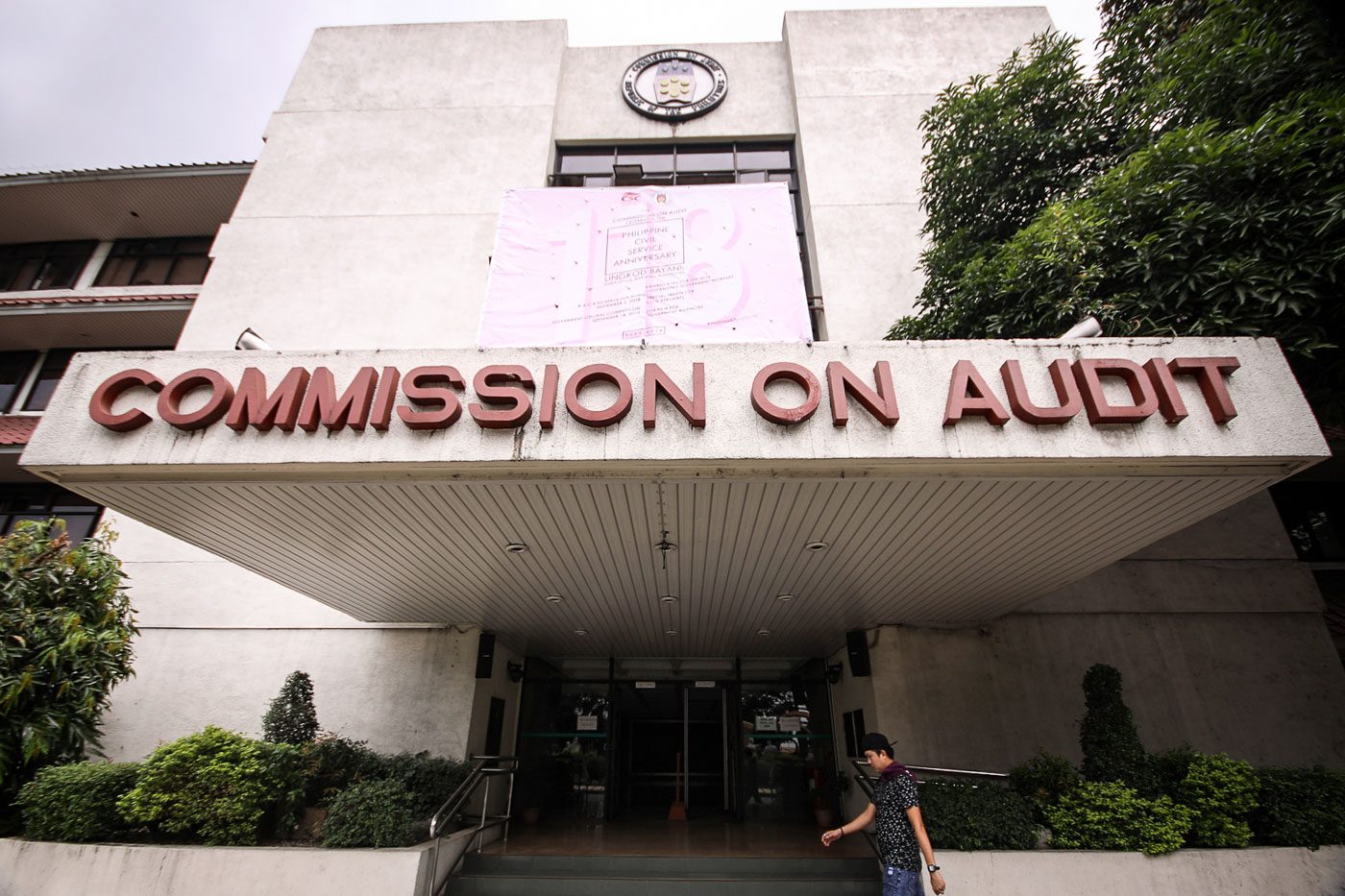SUMMARY
This is AI generated summarization, which may have errors. For context, always refer to the full article.

MANILA, Philippines – State auditors called out the provincial government of Albay for buying 150 tablets for distance learning, after they discovered that the devices were obsolete.
In a report, the Commission on Audit (COA) said the tablets fell short of the Department of Education’s (DepEd) performance standards, rendering them useless for students.
The COA report noted that the Albay provincial government claimed that budgetary constraints prevented it from buying tablets with the DepEd-required specifications.
The COA said, “The quality of the purchased tablets should not be sacrificed to increase the quantity of purchased tablets, or for any other reason. Such practice will be counterproductive to the purpose of ensuring effective implementation of blended/distance learning.”
The tablets, according to auditors, “do not satisfy the Memory and Operating System (OS) required as the minimum technical specifications for DepEd.”
The purchase of the tablets, funded by the provincial government through its Special Education Fund (SEF), aimed to enhance blended and distance learning in public schools. The tablets were bought by the provincial government for P15,000 each or a total of P2.25 million.
Auditors, however, found the devices lacking in important specifications: they came with just one gigabyte (GB) of random access memory (RAM), 16GB of storage, no micro-Universal Serial Bus (USB) ports, and ran on the outdated Android 4.4 KitKat operating system (OS).
In contrast, DepEd’s recommended specifications require at least 2GB of memory, 32GB of storage, a micro-USB port, and an Android 9.0 operating system.
The COA said the tablets’ old OS and insufficient memory would result in slow performance and inability of the devices to get upgrades, undermining their effectiveness in an educational setting.
State auditors pointed out that the Android 4.4 Kikat “won’t be getting any more updates to Google Play Services beyond version 23.30.99 hence marking the OS as finally obsolete.”
They added, “Outdated operating systems can slow down a system’s performance causing slow boot times, slow application launch times, and sluggish overall performance.”
Android 4.4 KitKat revolutionized the mobile OS landscape with significant improvements in performance, usability, and aesthetics when it was launched on October 31, 2013. It optimized memory usage and brought features like the “OK Google” voice command. A decade later, KitKat has become obsolete, struggling to keep up with the demands of modern technology.
The COA said, “Having too little Random Access Memory (RAM) on the tablets might have several disadvantages and impact overall system performance. Tablets with limited RAM may operate slower, especially if there isn’t enough RAM to support all the running applications.”
Instead of buying 150 outdated tablets, auditors said, the provincial government should have opted for fewer units that met the minimum specifications to ensure better performance. –Rappler.com
Add a comment
How does this make you feel?



![[WATCH] Rappler Live Jam: dwta](https://www.rappler.com/tachyon/2024/07/live-jam-1280-baba.jpg?resize=257%2C257&crop=179px%2C0px%2C1080px%2C1080px)











There are no comments yet. Add your comment to start the conversation.